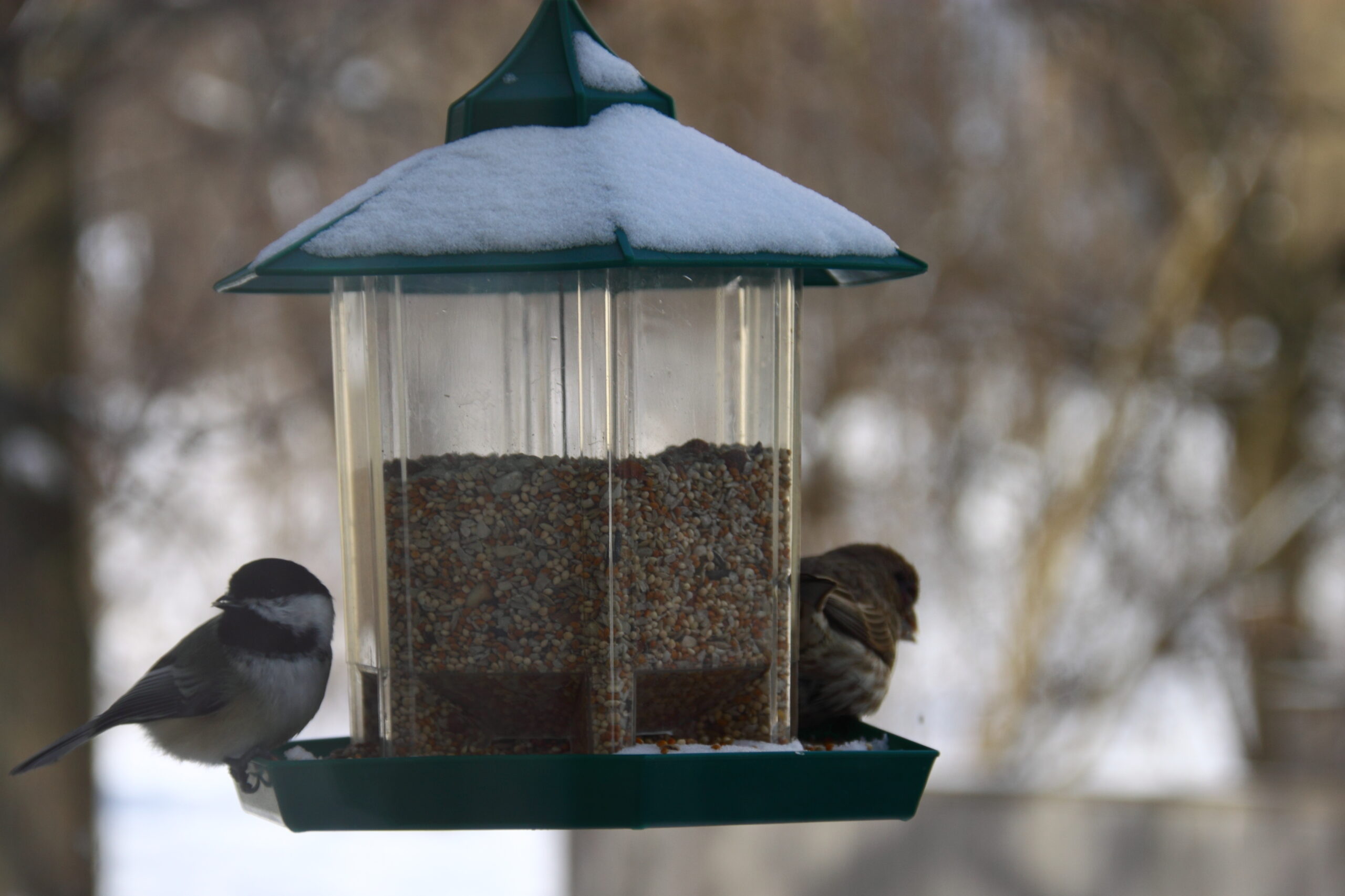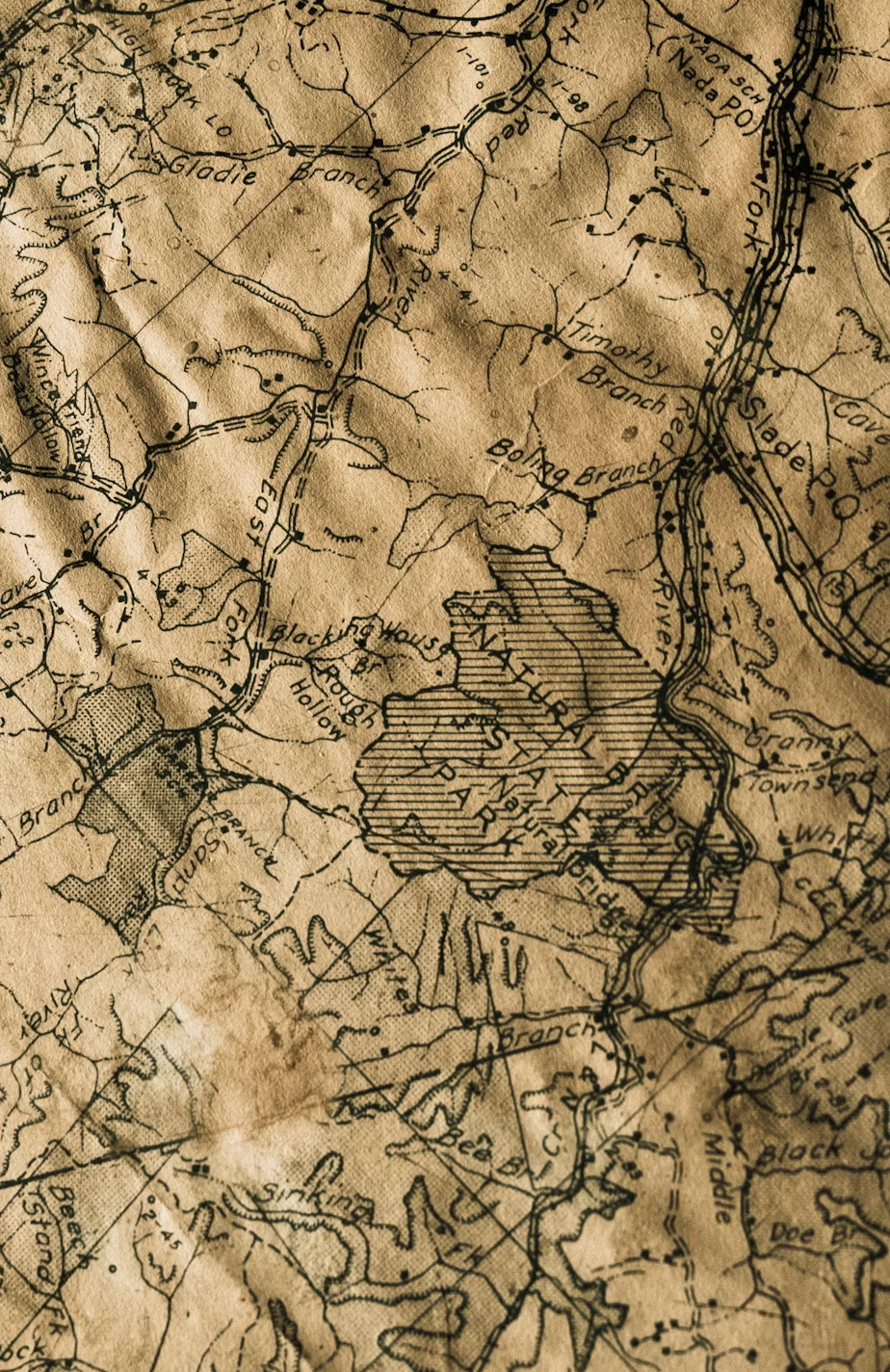| It has become the first ritual of morning to throw the door open, welcoming the breeze now free of evening’s biting insects, another in a long line of self-justifications: it will arrive whether it’s welcome or not. As will the birds, who know when you breakfast and on what, who are generous with suggestions, whether here, in your dishabille, or at the seasonal cafe, in not much else. There is a three-sided varnished pine box with a plexiglass front, like a bird feeder or diorama or, in traditions less eager to let go or get rid, a coffin, scale being trivial to all species but those least likely to accept it, though the slot on top and slips of paper on display suggest a raffle or ballot, a variation on a theme performed in a tiny theater, and the blanks and golf pencil at the side are, in combination and without need to announce itself with embossed lettering or miniature reply envelope—scale, again—an invitation. At this suggestion, you suggest: The history of our times betrays the stupid arrogance of this and so many other definite articles, symptomatic of these times and others. It might be noticed and echoed and yet go unchallenged on social media, but here it could ignite a sudden change, a contemplative pleasure, and be forgotten all in the span of a few moments, like rain in the green season. It means something to us, this refusal to admit our visceral understanding of the unity of space and time, when, honestly, we know them in no other way. Whereas your ruminations on what memory means to the birds have proven inconclusive. Like you, they’re as routinized in their offices as offices. Like you, they celebrate the light that breaks the rain, throughout the day and without memory, as the arrival of a god. |
Benjamin Paloff’s books include the poetry collections And His Orchestra and The Politics, both from Carnegie Mellon, and many translations from Polish, Czech, Russian, and Yiddish. His poems have recently appeared or are forthcoming in Guesthouse, The Laurel Review, New England Review, The New York Review of Books, and elsewhere. Twice a fellow of the NEA, he is a professor of comparative literature at the University of Michigan, where he is also director of the Center for Russian, East European, and Eurasian Studies.




